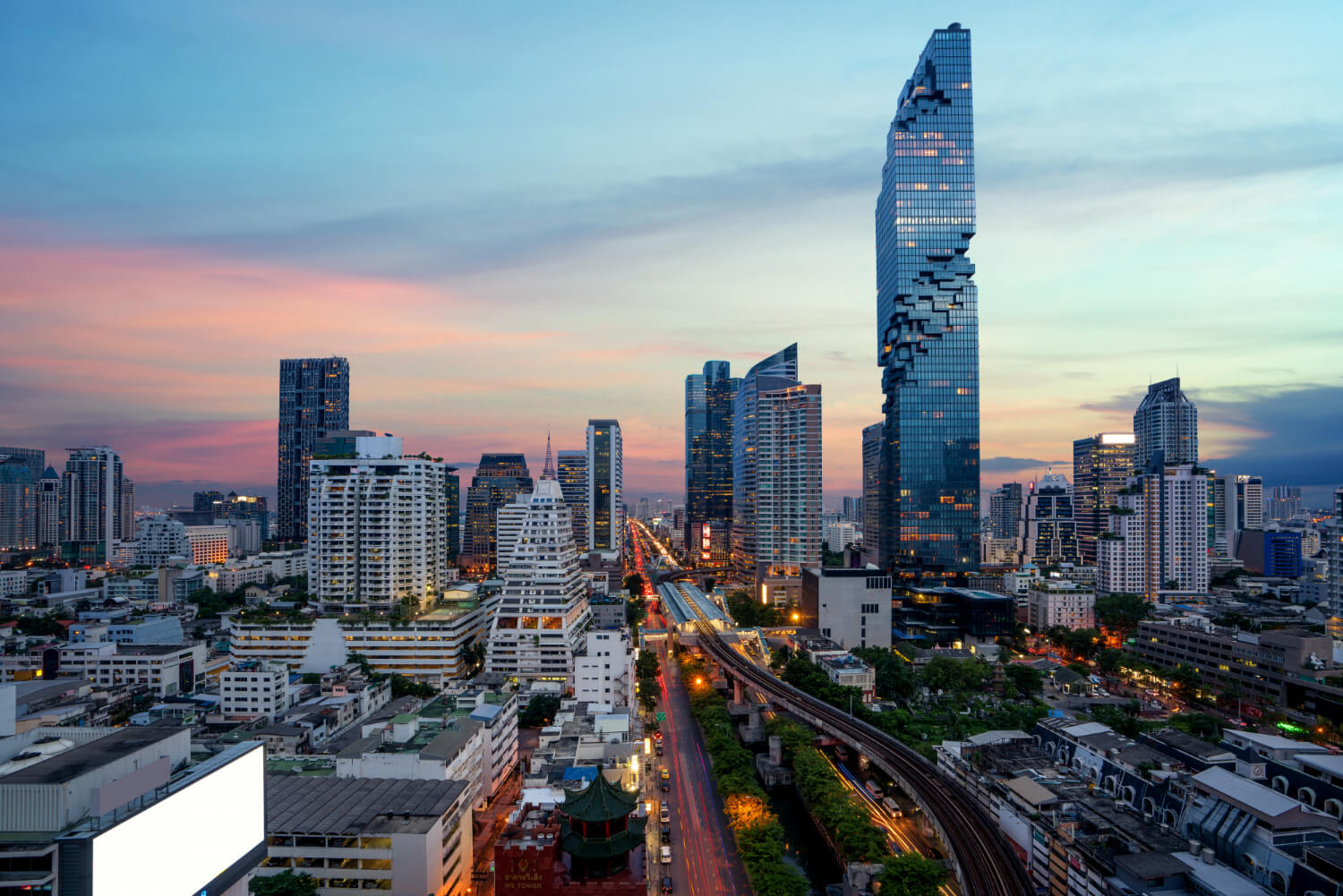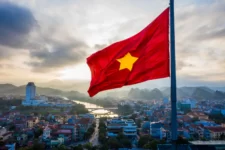Thailand presents a unique case in the global context of cannabis legislation. The country has recently undergone significant changes in its cannabis regulations. As of now, cannabis with less than 0.2% THC (industrial hemp) is decriminalized, and medicinal cannabis, with no THC restrictions, is legal with a prescription. However, recreational cannabis remains illegal under Thai law. This sets a complex legal backdrop for cannabis in Thailand, reflecting a blend of progressive steps and traditional restrictions.
Key Takeaways
- Cannabis with less than 0.2% THC is decriminalized in Thailand.
- Medicinal cannabis is legal with a prescription, but recreational use remains illegal.
- The legal landscape is evolving, with recent changes indicating a shift towards more restrictive policies.
Historical Overview of Cannabis Regulation in Thailand
Cannabis, known in Thailand as Ganja, has a long and intricate history in the country, deeply rooted in both cultural and medicinal practices. Its introduction to Thailand is believed to have come from India, where it was integrated into various aspects of Thai life.
The legal landscape around cannabis in Thailand began to change with the Cannabis Act of 1935, which, along with the Narcotics Act of 1979, criminalized the possession, cultivation, and use of cannabis.
However, in recent years, Thailand’s stance on cannabis has undergone a notable transformation. In 2018, the country made a groundbreaking move by becoming the first in Asia to legalize medical cannabis. This decision was a major step in acknowledging the medicinal benefits of cannabis and opened the door for its use in treating various health conditions.
Further progress was made in 2022 when Thailand decriminalized industrial hemp, defined as cannabis with less than 0.2% THC. This change was not only a step towards liberalizing cannabis laws but also an opportunity to explore the economic potential of hemp in industries like textiles and manufacturing.
These legislative changes in Thailand reflect a dynamic balance between respecting traditional uses of cannabis and adapting to contemporary views on its medicinal and economic value.
Medical Cannabis in Thailand: Legal Provisions and Accessibility
In Thailand, the journey towards embracing medical cannabis has been progressive, marked notably by the opening of the country’s first full-time clinics dispensing cannabis oil for medical treatment on May 11, 2019.
The legalization of medical cannabis has enabled patients with various health conditions to access treatment through cannabis clinics. The government has stipulated a formal procedure for accessing medical cannabis, ensuring that distribution is controlled and goes through licensed hospitals and cannabis clinics.
Patients seeking medical marijuana must obtain a prescription from a registered medical practitioner. The Thai government, while promoting the medicinal use of cannabis, remains vigilant against potential abuse. As such, the policy restricts access to those under 18 and emphasizes that cannabis should be used for relief, not recreational pleasure.
To further regulate the use of medical cannabis, the Thai Food and Drug Administration (FDA) has authorized all hospitals under the Public Health Ministry to prescribe medical cannabis to people with approved medical conditions. The government has also rolled out an amnesty program allowing individuals to legalize their cannabis possession for approved medical uses, provided they have a medical certificate from a certified doctor, dentist, or Thai traditional medicine practitioner.
Current Legal Status of Recreational Marijuana in Thailand
Thailand, in a landmark move, legalized the cultivation of marijuana and its consumption in food and drinks on June 9, 2022, becoming the first Asian country to do so. This decision was aimed at boosting the country’s agriculture and tourism sectors. However, it’s important to note that while the cultivation and consumption in certain forms have been legalized, smoking marijuana in public still violates public health laws.
Despite this progress, the Thai government has taken measures to prevent a surge in recreational use. The potency of the products is limited, with the sale and possession of cannabis extracts containing more than 0.2% of tetrahydrocannabinol (THC), the psychoactive ingredient in cannabis, remaining illegal. Violation of this law can result in jail time and fines.
Additionally, cannabis growers are required to register on a government app called PlookGanja, ensuring some level of regulation and control over cultivation.
Possession, Cultivation, and Consumption: What’s Allowed in Thailand?
In Thailand, the legal framework surrounding cannabis use is designed to balance controlled accessibility with strict regulations to prevent misuse. Individuals who are over 20 years old and are neither pregnant nor breastfeeding are legally permitted to use cannabis within the privacy of their homes. This regulation ensures that cannabis use is confined to private spaces, thereby maintaining public decorum and health safety.
The cultivation of cannabis is also legal in Thailand, but it comes with specific regulatory requirements. Individuals interested in growing cannabis must register with the Food and Drug Administration (FDA). Remarkably, there are no current limitations on the number of cannabis plants an individual can cultivate once registered. This open policy potentially encourages personal cultivation for medical or private use, aligning with the country’s broader acceptance of cannabis for health-related purposes.
However, the Thai government maintains a stringent stance on public consumption of cannabis. Consuming cannabis in public spaces is illegal, aligning with the country’s efforts to control the recreational use of the plant and its potential social implications. Additionally, cannabis products intended for consumption, such as edibles, are legally required to contain less than 0.2% THC.
What Future for Cannabis Legislation in Thailand?
Thailand’s cannabis legislation is at a crossroads, with the new government considering a rollback of the decriminalization policy implemented in 2022. Prime Minister Srettha Thavisin, following a hardline anti-narcotics campaign, has expressed intentions to limit cannabis use strictly for medical purposes.
The Thai cannabis market, expected to generate up to $1.68 billion by 2025, now faces uncertainty. The new government’s stance could potentially push recreational cannabis use underground, complicating control measures and impacting the burgeoning industry. Inside the coalition government, there are efforts to submit a new bill that would tighten control on adult-use cannabis without reclassifying the plant as a narcotic.
To Sum Up
Is Marijuana legal in Thailand? The legal status of marijuana in Thailand is multifaceted and evolving. Currently, cannabis with less than 0.2% THC is decriminalized, and medicinal cannabis is legal with a prescription. The country has seen significant shifts in its cannabis policy, from the historical criminalization of cannabis to the groundbreaking legalization of medical cannabis in 2018 and the decriminalization of industrial hemp in 2022. However, the future of cannabis legislation in Thailand is uncertain, with potential rollbacks on decriminalization being considered by the new government. For those interested in the dynamic landscape of cannabis regulation in Thailand, staying informed about the latest developments is crucial as the country navigates its path forward in cannabis legislation.









